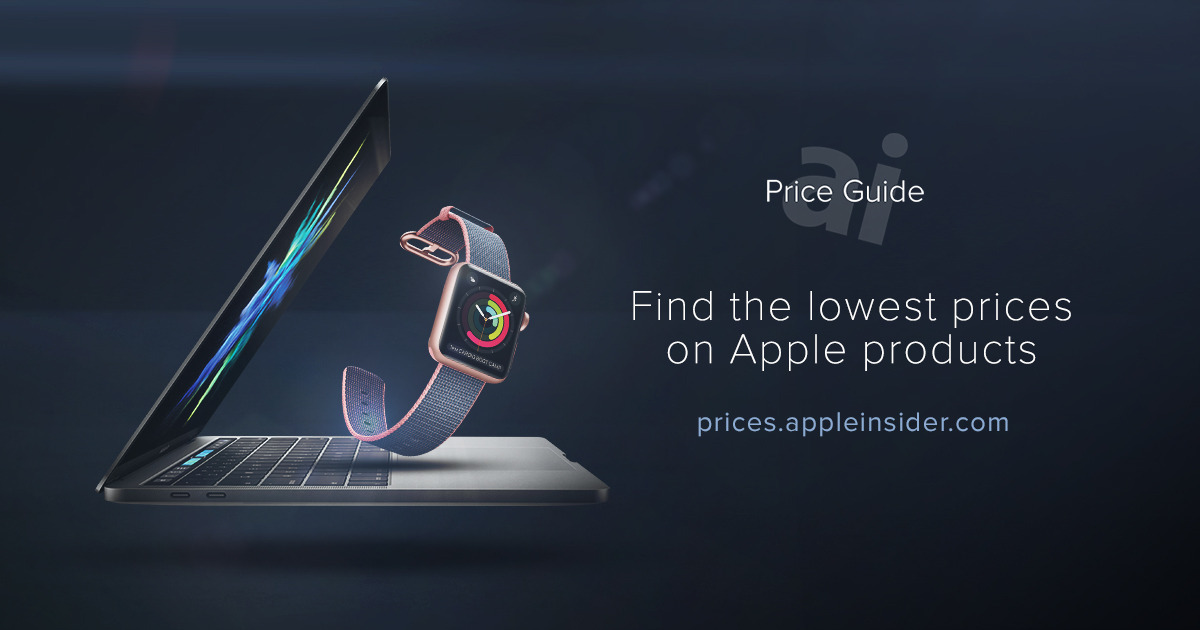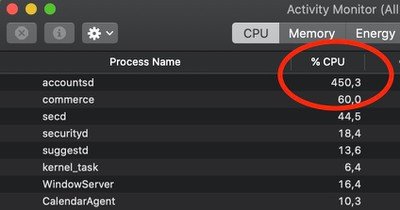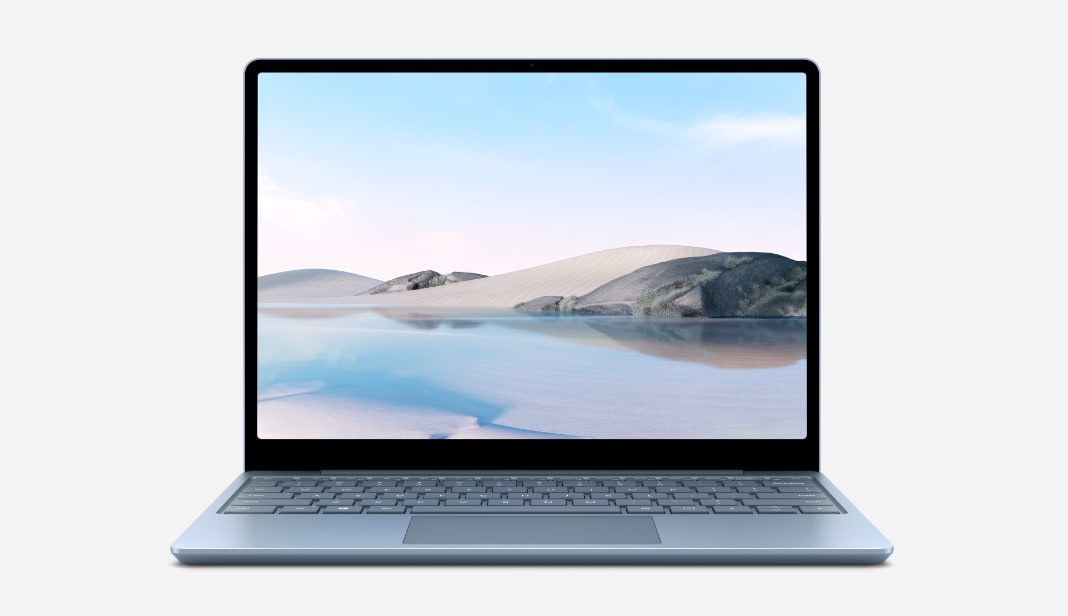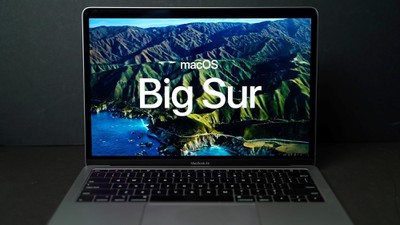In what is the lowest price we’ve ever seen, Apple’s MacBook Air (2019) with AppleCare is $800 off for two days only, bringing the premium model that’s loaded with upgrades down to $1,149 with the extended protection plan.
Rock bottom price on MacBook Air + AppleCare
Update on Oct. 1 at 3:00 p.m. Eastern: The initial allotment of this aggressive offer is now sold out.
The kit features Apple’s Mid 2019 13-inch MacBook Air with a 1.6GHz Core i5 processor, 16GB of memory and a spacious 512GB SSD. The Space Gray model originally retailed for $1,699, but B&H is knocking $550 off the sytem itself and throwing in free AppleCare (a $249 value), bringing the total savings to $800 off (sold out).
This exclusive $1,149* price (deal expired) is available only at AppleInsider for two days only using the special activation instructions below. According to our 2019 MacBook Air Price Guide, which tracks deals across leading Apple resellers, this is the most aggressive offer available on the Air. And since the ultraportable laptop tends to be used when traveling or as a family machine, you’ll have added peace of mind with the AppleCare protection plan, which extends warranty coverage to three years.
Shoppers can also extend the savings even further with no interest financing for 12 months with the B&H Financing Card. Or save on sales tax on orders shipped to qualifying zip codes with the Payboo Card. The latter is a great option if you’re willing to pay the balance in full right away.
(*) Activation instructions
To take advantage of the savings, you must shop through this special pricing link from a laptop or desktop. We apologize, but the offer cannot be redeemed in mobile apps at this time.
Even more Apple deals
AppleInsider and Apple authorized resellers are also running additional exclusive deals on hardware that will not only deliver the lowest prices on many of the items, but also throw in bonus discounts on AppleCare, Office 365 and more. These offers are as follows:




